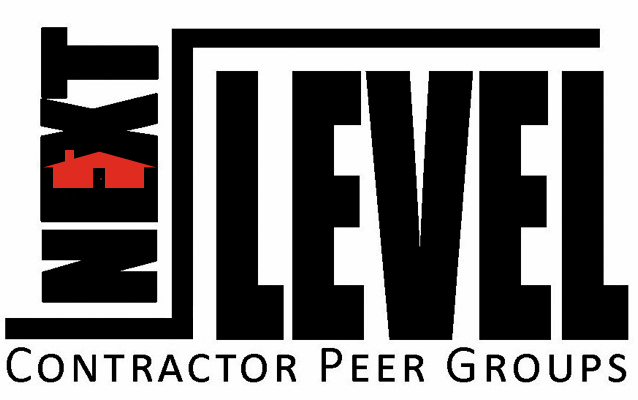Next Level Blogs

“Fair” Contractors will always win over “Nice” contractors
I’ve heard this dozens of times; “I try to be a nice guy with my customers. When they lie to me I let it go. They treat my guys like shit on site but I tell my guys, ‘Just let it go. Do your job. He’s the customer.’ I try to lay low and take the abuse, expecting to preserve the relationship to the end of the job, but oddly, all my efforts to keep the relationship healthy seems to actually make it worse.”
I’ve had this happen to me with certain clients, but I didn’t fully understand why or what to do about it until I heard the saying, “He who offends you will hate you.” It’s not a well known saying, but it has interesting applications in contractor/client relations.
I’ll explain it but first I have to clarify how the word ‘offend’ is being used here. In this case, it means to treat you with distain, or to abuse your relationship or the trust within it. There is a sense here of being used, or violated wilfully, or tricked into agreeing to something unfair, or illegal.
Here’s an example from our industry of how it might play out. In this story, you are the offended party, and the customer is the offender. You have estimated a renovation at $150,000 and you win the bid. In the process, the husband agreed verbally to accept Manufacturer X’s economy grade windows instead of the higher-grade windows originally spec’d. His wife gets wind of the agreement, and makes it clear to him in private that there is no damn way such a low-quality window is being installed in her house. But he has no money to upgrade to better windows, and no heart for sleeping on the couch for the next six months. So, feeling he has no choice, he reneges on the verbal agreement. In fact, he denies the verbal agreement ever existed, and demands you install the originally spec’d, more expensive windows. It’s a bald face lie, but he has decided to abuse the trust you extended to him in the verbal agreement. You suck it up, give in and install the better windows.
Here’s the thing that this saying points to: he knows he has abused the trust built in the relationship. And he knows you know it, which means you have the ability to expose him as an unethical person who is willing to throw someone else under the bus to save his own skin. Because he now knows you have that ability, he will look for ways to neutralize that power by trying to find YOU unethical. You see, he thinks if he can show that you are as bad as he is, he’s off the hook. If he can’t, in his eyes it means that you are better than him, and that’s when the hate ramps up and things go very bad.
If he won’t face his moral failure, he will begin to dislike you more and more because you now represent something he dislikes about himself. Every time he sees you, you are an annoying reminder of his weakness.
If you had focused fairness and refused to be “offended” you would never have accepted his deception, he would have respected you for it, and you probably would have a good relationship. It is the reason why “fair” contractors always win over “nice” contractors.
You can’t be afraid of confrontation in this business. You can’t let a customer “offend” you. When customer tries to solve a problem by causing you an “offence”, you need the courage to take him to task. In this case, you should have told him in no uncertain terms that what he was doing was unacceptable and that, if there was a communication problem between he and his wife, that was the place to solve it.
Not very easy, you say. Not worth the conflict, you think. Well think again, because he who offends you, will hate you, and a customer who hates you will make your life a living hell.
